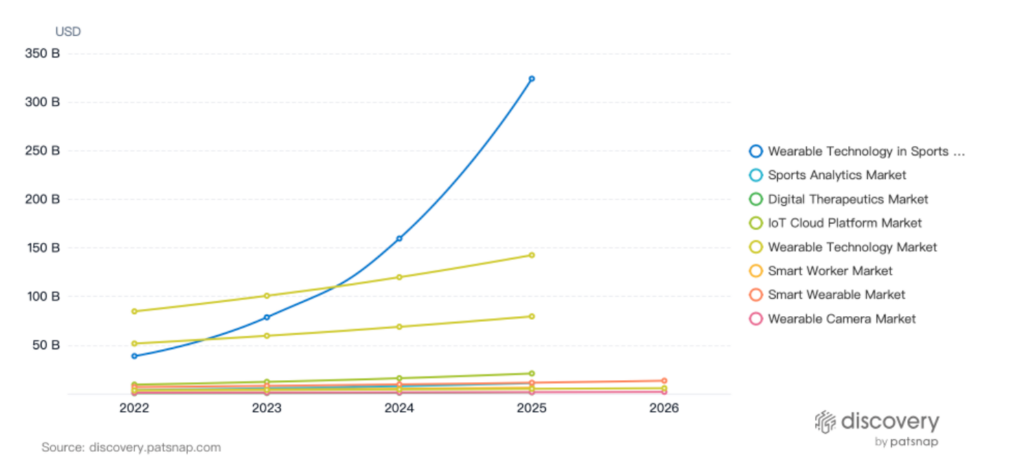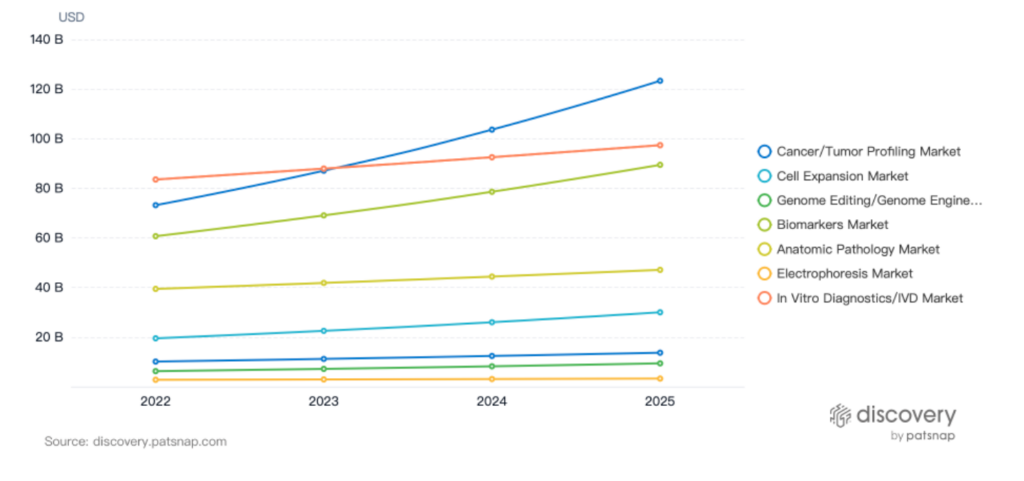Clinical Trials: New Patient Care Innovations & Trends
Clinical trials are the backbone of the healthcare industry. They are the primary way new treatments and drugs are tested before being approved for use by the general public. With the rise of technology and patient-centric care, the future of clinical trials is undergoing some significant changes.
Here are some of the latest innovations and trends in patient care that are shaping the future of clinical trials.
1.) Remote Patient Monitoring
One of the most significant trends in clinical trials is remote patient monitoring. Remote monitoring allows researchers to collect data on a patient’s health status without the need for the patient to come in for appointments.
This not only saves time and money but also reduces the risk of exposure to infectious diseases. According to a report by Grand View Research, the remote patient monitoring market is expected to reach $1.8 billion by 2027.
2.) Wearable Technology
Wearable technology is another trend that is changing the landscape of clinical trials. Wearable devices such as smartwatches and fitness trackers can track a patient’s vital signs and collect data on their physical activity, sleep patterns, and other health metrics.
This data can be used by researchers to gain insights into a patient’s health status and monitor the effectiveness of a treatment. The global wearable technology market is projected to reach $74.03 billion by 2025.

The wearable technology industry is experiencing a surge in growth, with some sectors outpacing others. Among the frontrunners are sports, fitness, healthcare, and clothing wearables, which are projected to reach an impressive $324 billion by 2025.
This marks a significant increase and highlights the potential for continued growth and innovation in these sectors. As wearable technology becomes increasingly prevalent in our daily lives, it’s clear that these industries are at the forefront of this exciting trend.
3.) Virtual Trials
Virtual clinical trials are another innovation that is gaining traction in the industry. Virtual trials allow patients to participate in clinical trials from the comfort of their own homes, eliminating the need for travel and reducing the time and costs associated with traditional trials.
This approach has become more prevalent during the COVID-19 pandemic, and it is likely to continue to grow in popularity. According to a report by GlobalData, the virtual clinical trials market is expected to reach $4.2 billion by 2025.
4.) Personalized Medicine
Personalized medicine is an approach that tailors medical treatments to an individual’s specific genetic makeup and other characteristics. This approach allows for more targeted and effective treatments, and it is becoming more common in clinical trials. The global personalized medicine market is expected to reach $5.2 billion by 2025.

The personalized medicine industry is rapidly expanding, with certain sectors leading the charge. Among them, the cancer profiling market stands out as the fastest-growing segment, with a projected value of $124 billion by 2025.
This indicates a significant investment in cancer research and treatment, and highlights the potential for continued growth and advancement in this critical area of medicine. As personalized medicine continues to gain traction, it’s clear that the cancer profiling market is one to watch, and could have a major impact on the future of cancer care.
5.) Artificial Intelligence
Artificial intelligence (AI) is another technology that is revolutionizing clinical trials. AI can analyze large amounts of data and identify patterns that may not be visible to the human eye. This can help researchers identify potential drug candidates and predict patient outcomes. According to a report by Grand View Research, the AI in healthcare market is expected to reach $19.25 billion by 2026.
The future of clinical trials is looking bright, with new technologies and approaches that are changing the way research is conducted. These innovations are making it easier and more convenient for patients to participate in trials, while also improving the quality and effectiveness of treatments. As the healthcare industry continues to evolve, it is likely that we will see even more exciting developments in the years to come.
Conclusion:
In conclusion, the future of clinical trials is increasingly patient-centric, with a focus on using innovative technologies and personalized approaches to improve the quality and effectiveness of treatments. As we continue to explore new possibilities in this field, it’s clear that technology will play a crucial role in shaping the way clinical trials are conducted in the years to come.
As such, it’s important for healthcare professionals and researchers to stay up-to-date with the latest trends and innovations in the field in order to provide the best possible care for patients. By embracing these advancements and incorporating them into clinical trials, we can look forward to a future where healthcare is more effective, efficient, and accessible for everyone.